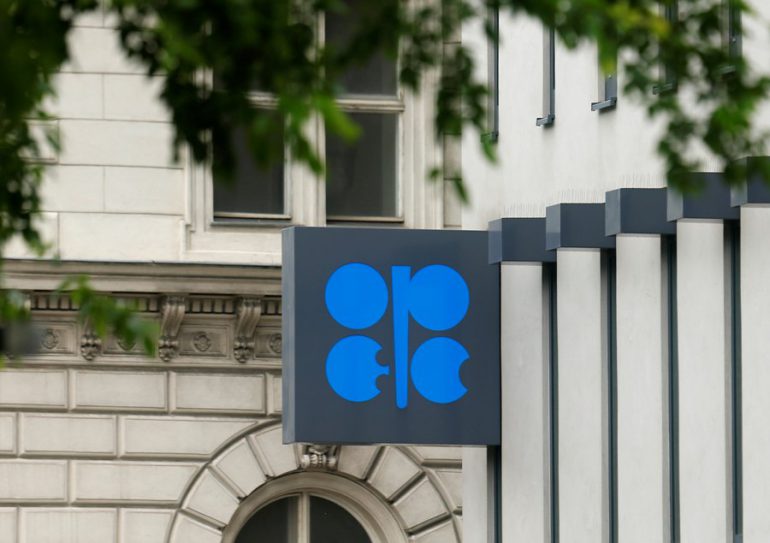OPEC prepares for an age of dwindling demand
The coronavirus crisis may have triggered the long-anticipated tipping point in oil demand and it is focusing minds in OPEC, according to a Reuters report

The coronavirus crisis may have triggered the long-anticipated tipping point in oil demand and it is focusing minds in OPEC.
The pandemic drove down daily crude consumption by as much as a third earlier this year, at a time when the rise of electric vehicles and a shift to renewable energy sources were already prompting downward revisions in forecasts for long-term oil demand.
It has prompted some officials in the Organization of the Petroleum Exporting Countries, oil’s most powerful proponent since it was founded 60 years ago, to ask whether this year’s dramatic demand destruction heralds a permanent shift and how best to manage supplies if the age of oil is drawing to a close.
“People are waking up to a new reality and trying to work their heads around it all,” an industry source close to OPEC told Reuters, adding the “possibility exists in the minds of all the key players” that consumption might never fully recover.
Reuters interviewed seven current and former officials or other sources involved in OPEC, most of whom asked not to be named. They said this year’s crisis that sent oil below $16 a barrel LCOc1 had prompted OPEC and its 13 members to question long-held views on the demand growth outlook.
Just 12 years ago, OPEC states were flush with cash when oil peaked above $145 a barrel as demand surged.
Now it faces a dramatic adjustment if consumption starts a permanent decline. The group will need to manage even more closely its cooperation with other producers, such as Russia, to maximize falling revenues and will have to work to ensure relations inside the group are not frayed by any fratricidal dash to defend market share in a shrinking business.
“OPEC’s job will be harder in the future because of lower demand and rising non-OPEC production,” said Hasan Qabazard, OPEC’s head of research from 2006 to 2013 whose work now includes advising hedge funds and investment banks on OPEC policy.
One official, who works in energy studies in the oil ministry of a major OPEC member, said shocks to oil demand had in the past led to permanent changes in consumer behavior. He said this time was unlikely to be different.
“The demand does not return to pre-crisis levels or it takes time for this to happen,” he said. “The main concern is that oil demand will peak in the next few years due to rapid technological advances, especially in car batteries.”
In 2019, the world consumed 99.7 million barrels per day (bpd) - and OPEC was forecasting a rise to 101 million bpd in 2020.
But global lockdowns this year that grounded planes and took traffic off the streets, prompted OPEC to slash the 2020 figure to 91 million bpd, with 2021 demand still seen below 2019 levels.